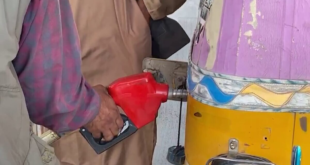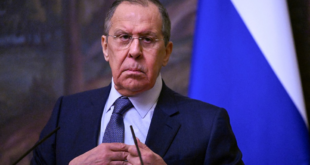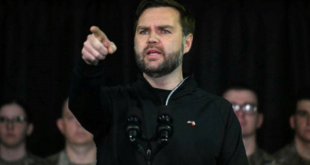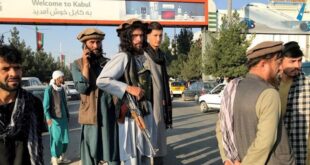The visit to Afghanistan by North Atlantic Treaty Organization (Nato) Secretary-General Jaap de Hoop Scheffer last week was meant to shore up confidence in the mission to stabilise the country and secure it once and for all from control of extremism in the form of the Taleban. Though Mr Jaap de Hoop Scheffer succeeded in putting the best possible face on that mission, it is clear that the troubles are not going away without some major changes in policy direction.
Few would have predicted that this far removed from the sweeping United States-led victories over the Taleban in late 2001 that Afghanistan’s position would still be so precarious. That is not to say that there haven’t been dramatic changes in personal freedoms as well as economic prosperity in some parts of the country, and this cannot be discounted. But in large parts of the south and southwest of the country the Taleban still exerts its fear-based hold.
Suicide attacks have been on the rise. Last Sunday, a bomb in Kandahar killed over a hundred people, and there have been several smaller bombs set off since then in the city despite the increased security.
There has for some time been an internal squabble within Nato over what US Defence Secretary Robert Gates recently called a “two-tier” deployment scheme, meaning that some countries are not willing to have their troops serve where they are most needed- in the south. Mr Gates went on record as saying this state of affairs could “in effect destroy the alliance”.
And, not surprisingly, the longer the conflict continues, the more the resolve of those nations which do put troops in harm’s way seems to waver. There is considerable speculation that after elections this year Italy will no longer send troops to the south. Canada has said it will withdraw its troops altogether in 2012.
During his visit, Mr Jaap de Hoop Scheffer identified the training of Afghan police and security forces as an important priority to take the pressure off Nato. This is something everyone can agree on.
Another proposal discussed by the Nato chief with President Hamid Karzai is more controversial, but in the long run it may be the best hope for reducing the involvement of foreign troops in Afghanistan. That is to engage the Taleban in negotiation.
Members of Nato, and in particular Great Britain, have been urging this course over the objections of Afghan officials, including President Hamid Karzai. This was a major factor in the highly publicised expulsion of two European diplomats from the country, as well as the refusal by President Karzai to accept the appointment of Lord Ashdown as UN envoy.
Mr Jaap de Hoop Scheffer’s very carefully phrased comments to the press indicated that he might have had some success in getting President Karzai to moderate his view.
Saying that President Karzai acknowledged the need for dialogue, the Nato chief added:”I think he realises very well that in Afghanistan some sort of political process has to take off. You do not of course talk to people who are beheading people and hanging them and burning schools.
“But everywhere in the world where there is a conflict at a certain stage, a form of political process has to start.”
At the same time, it will be necessary for the new Pakistani government to begin confronting its own cross-border Taleban problem. In that regard, it is highly encouraging that in the recent polls extremists were largely voted out of office in the regions where they had success in the last national election.
 Eurasia Press & News
Eurasia Press & News



